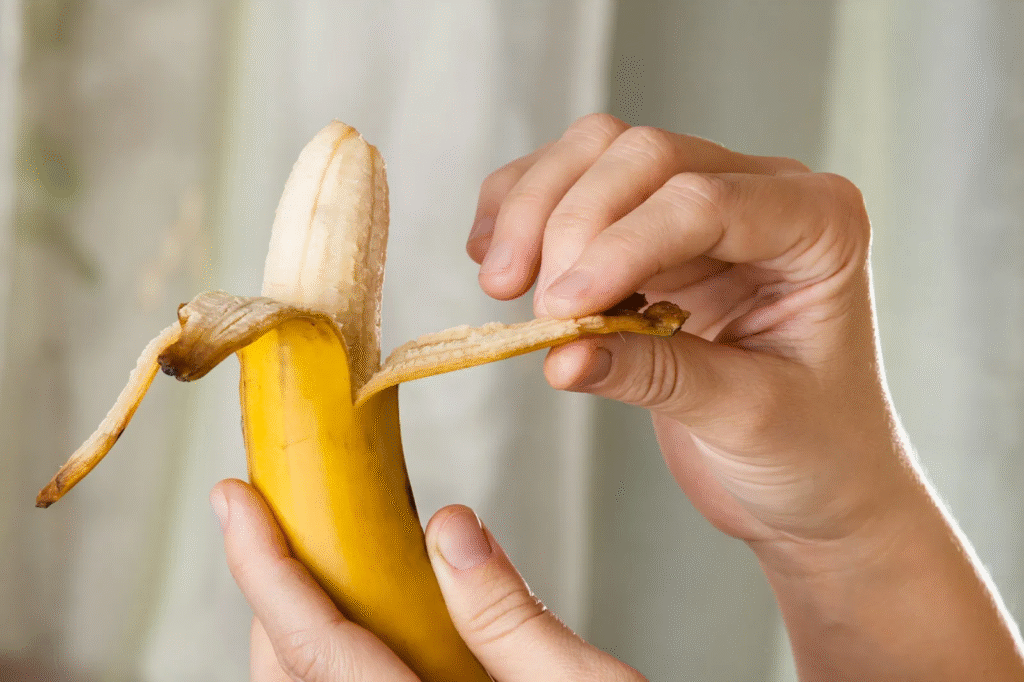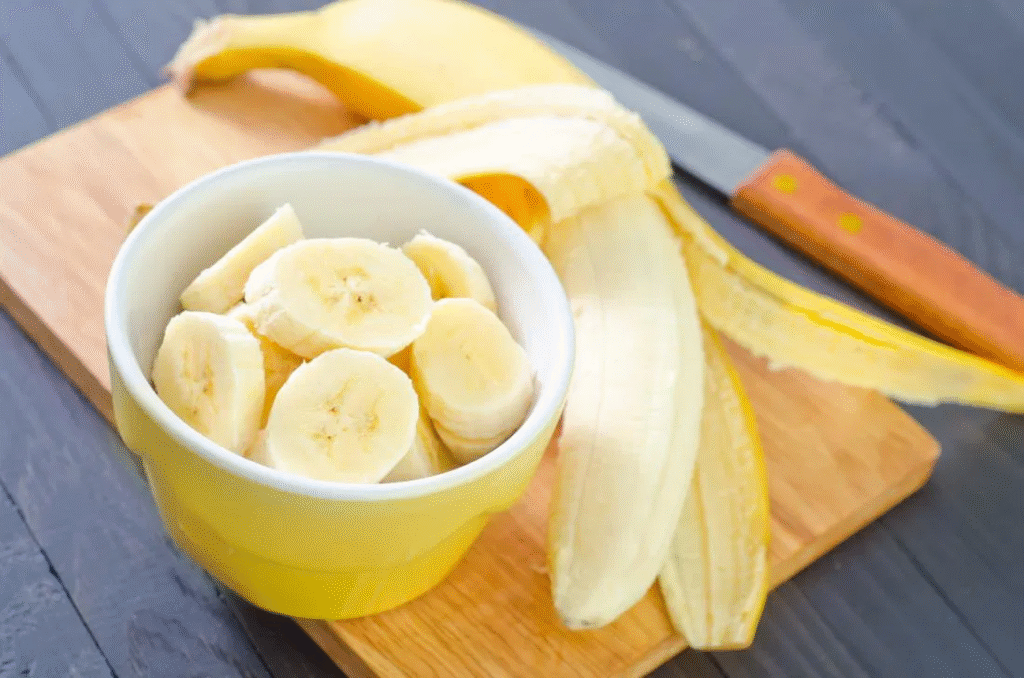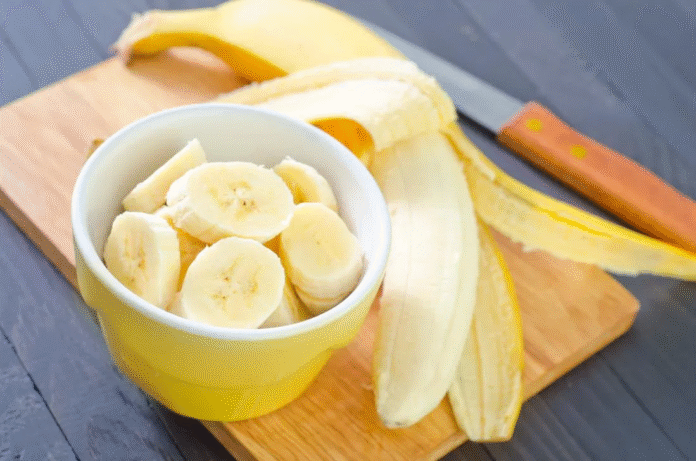Bananas are a beloved fruit, celebrated for their convenience and nutritional benefits. However, there are specific times when consuming bananas might not be ideal for everyone. Understanding these instances can help you make informed dietary choices and maintain optimal health.

1. When You Have Kidney Issues
Bananas are rich in potassium, a mineral essential for heart health and muscle function. However, for individuals with kidney disorders, especially those in advanced stages, high potassium intake can be problematic. Impaired kidneys may struggle to filter excess potassium, leading to hyperkalemia—a condition characterized by elevated potassium levels in the blood, which can cause serious heart issues . If you have kidney concerns, it’s advisable to consult with a healthcare provider before including bananas in your diet.
2. When You’re Taking Certain Medications
Some medications, such as ACE inhibitors or potassium-sparing diuretics, can increase potassium levels in the body. Consuming potassium-rich foods like bananas while on these medications may exacerbate the risk of hyperkalemia . Always discuss your diet with your doctor when prescribed new medications to ensure food and drug interactions are considered.
3. When You Have a Latex Allergy
Individuals with latex allergies may experience cross-reactivity with certain fruits, including bananas. This is due to the presence of proteins in bananas that are similar to those found in natural rubber latex. Symptoms can range from mild oral irritation to more severe allergic reactions . If you have a known latex allergy, it’s prudent to avoid bananas unless advised otherwise by a healthcare professional.
4. When Managing Blood Sugar Levels
Bananas contain natural sugars and carbohydrates, which can impact blood glucose levels. For individuals with diabetes or insulin resistance, it’s important to monitor banana consumption. Opting for less ripe bananas, which have a lower glycemic index, and pairing them with protein or healthy fats can help mitigate blood sugar spikes.
5. When Experiencing Migraines
Ripe bananas contain higher levels of tyramine, a naturally occurring compound that can trigger migraines in susceptible individuals . If you notice a correlation between banana consumption and migraine episodes, consider reducing intake or choosing less ripe bananas.
6. When Dealing with Digestive Issue
Bananas are high in fiber and contain sorbitol, a sugar alcohol that can cause bloating and gas in some people, particularly those with irritable bowel syndrome (IBS) . If you experience digestive discomfort after eating bananas, it may be beneficial to limit intake or consult a dietitian.
Incorporating Bananas Wisely

For most people, bananas are a nutritious addition to the diet. To maximize benefits and minimize potential drawbacks:
- Pair with Protein or Healthy Fats: Combining bananas with foods like nuts or yogurt can slow sugar absorption and provide sustained energy.
- Monitor Portion Sizes: Stick to one medium banana per serving to manage calorie and sugar intake.
- Choose the Right Ripeness: Less ripe bananas have lower sugar content and a lower glycemic index.
Enhancing Your Diet with Balanced Choices
Incorporating bananas into a well-rounded diet is key. For those seeking convenient and nutritious meal options, exploring healthy meal prep delivery, meal prep delivery services, healthy meal delivery, and meal plans delivery can be beneficial. These services offer balanced meals that complement your dietary needs and help maintain overall health.



